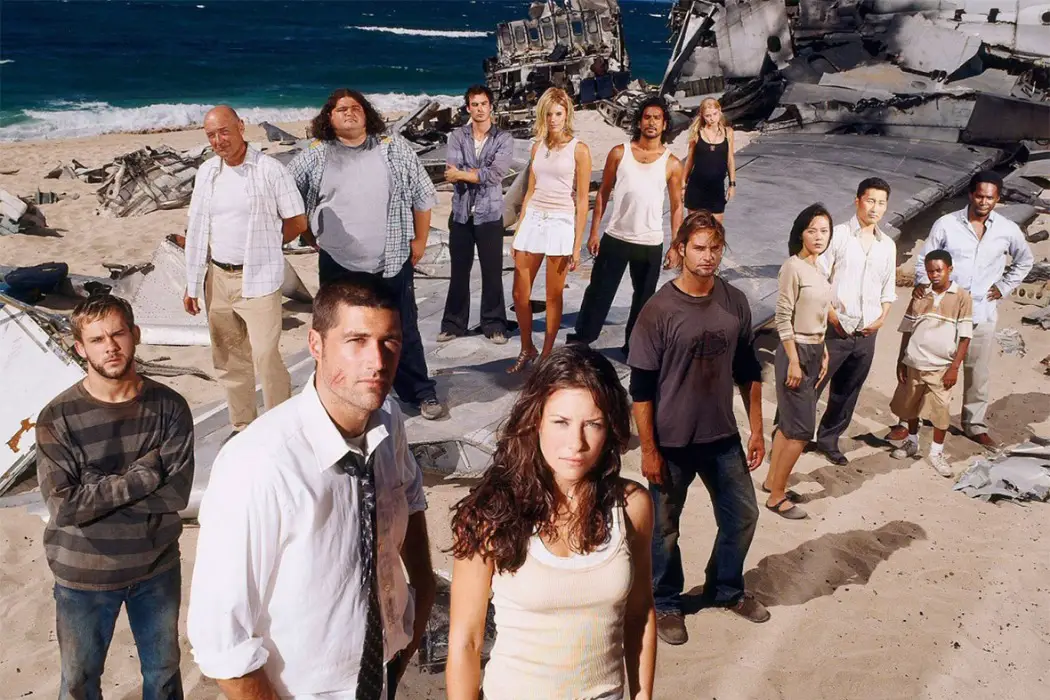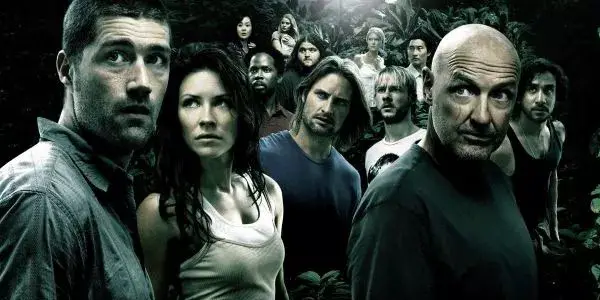When Is Enough, Enough? How To Know If Your TV Show Has Outstayed Its Welcome

Congratulations, new showrunner. You have successfully got the green light to bring your vision to the small screen, and you will now be putting together a TV show that will hopefully run for many years and bring delight to many millions of viewers.
You should be warned however, that there are pitfalls to making a long running and successful TV series and sadly, over the years others in your position have presided over the television equivalent of the dinner party guest that outstays their welcome, still glugging table wine long after you have started clearing away the dishes. Do not be alarmed though, Film Inquiry is here to make things easier and give you a few things to watch out for.
The original premise has been fulfilled
Things have gotten off to a great start; your pilot laid out the terms of your show and made it clear what that premise is. A high-flying lawyer hires a talented but unqualified protégé (Suits) perhaps, or maybe a teenage girl attends high school by day and slays vampires by night (Buffy the Vampire Slayer), or even your very good-looking cast has been stranded on a desert island (Lost); the point is, the audience understands what they are watching and what the stakes are. We have all bought into the premise and are excited to see how it plays out.

You get the green light to make your show and you know exactly how the first, and hopefully the second season is going to play out. The problems tend to start when, after a couple of seasons, the show has either solved the problem it presents us with, or needs to keep finding ways to keep it alive. You have no idea how long the money people are going to keep letting you make this show and so how do you know how to pace it? Some shows handle this by reinventing themselves entirely, whilst others do it by trying to keep the main cast together and just throw a new situation at the old dynamic.
Mike goes to prison for being a pretend lawyer but then gets to come out and be a real one anyway, then he leaves anyway, Buffy might have graduated high school but there is always college, the islanders escape the island but then come back (for some reason, it all got a bit blurry…). However, what separates the great shows from the ones that simply start great is a clear arc. Walter White starts as Mr Chips and ends up as Scarface, Don Draper starts as a glib ad man and ends reborn in a hippy commune (before he sells out and becomes a glib ad man again) and Kimmy Schmidt settles down and takes down toxic masculinity with her bestselling kids book, we are invested in central characters who have a clear journey that goes from one place to another.
You find yourself having to repeat story lines over and again
A patient staggers into the hospital with a strange and confusing combination of symptoms. The best efforts of the doctors yield no real results and the clock is ticking, who else can we turn to? The curmudgeonly genius, Dr House, that’s who! He starts by being mean to everyone, then he misdiagnoses the patient whose condition worsens; and then, just as time is about to run out… some unrelated event in his personal life triggers a realisation that leads him to a breakthrough! Phew, House has saved the day! But who will help him heal his soul? That more or less summarises the plot outline of the 176 episodes of House. In many ways, the familiarity is what we love about it but you might have thought that around the century mark they considered switching it up a little bit.

Okay, fair enough, House was a procedural on a major network and there is a degree of formula required to keep things ticking along, however when ‘it’s Lupus’ becomes an inside joke referring to a lack of imagination in the writing then it’s probably time to call it a day. It feels a little unfair to pick on House as it is by no means the only example of this but for some reason it was the first that sprang to mind.
Key cast members left
Most great shows hinge on the chemistry of the cast. After all, the way they relate to one another on screen is an essential part of what makes the whole thing hang together, can we spend our precious free time with these people? The death of many a great TV show has come from a key member of the cast leaving the show only to have their ‘role’ replaced. When I say ‘role’ I don’t necessarily mean to another actor stepping in to take over the role per se, but a new character comes in to take up the same space in the show that another left behind. Rob Lowe left The West Wing and Joshua Malina stepped in as the new speech writer, Michael J Fox left Spin City and Charlie Sheen came in, Charlie Sheen left Two and a Half Men and Ashton Kutcher filled the gap (sort of). Charlie Sheen seems to be involved in more of these than seems reasonable…
Usually when this kind of casting switch takes place it signals the beginning of the end. Despite the best efforts of the writers and the casting director, the dynamic has altered, the chemistry is not quite the same and everyone knows it. It is often a shame when this must happen, as so often it can be out everyone’s hands; Michael J. Fox left Spin City for health reasons after his diagnosis with Parkinson’s for example. There are some rare exceptions to this of course and occasionally it is possible to keep things going (Cheers springs to mind) but when the delicate balance is tampered with everyone can feel it.
Your ‘will they, won’t they?’ romance has gone through several iterations
A staple of the long running TV show, the ‘will they, won’t they?’ romance, is so easy to set up and so hard to resolve satisfyingly. You have successfully got your photogenic group of people together, one pair clearly have some nice chemistry but for some reason there is a barrier, or a series of barriers to them getting together. He’s got a girlfriend that’s all wrong for him perhaps, or maybe she’s just recently come out of a relationship and it’s all too soon, it could be he’s a secret serial killer than only murders bad people, or he’s a fake lawyer, or she’s a secret superhero and so on and so on. Eventually you have to give your audience what they are waiting for and get them to share a passionate embrace, but then you’ll need to break them apart again, then get them to kiss, then break them apart again etc etc etc.

The longer the show runs the harder this is to keep interesting, so you have some choices to make. Many shows have tried the below, but few have nailed them successfully.
- You can get them together at long last and keep them together, this risks taking a lot of the fizz out of the show but does give you the chance to mine some new territory –Niles and Daphne, Frasier
- Just keep going, if the central relationship is strong enough the audience might well stick around the see how it all shakes out. Ross and Rachel, Friends
- Just give up on that idea and let everyone move on and sleep with someone else from the group. Everyone, Buffy The Vampire Slayer.
- Keep your romance chaste until the very last minute. Donna & Josh, The West Wing
You think it might be a good idea to introduce a smoke monster
Okay, this relates very specifically to Lost, but come on, really?!
What other clues are there that your TV show may need to be put out of it’s misery? Please make your suggestions in the comments!
Does content like this matter to you?
Become a Member and support film journalism. Unlock access to all of Film Inquiry`s great articles. Join a community of like-minded readers who are passionate about cinema - get access to our private members Network, give back to independent filmmakers, and more.













